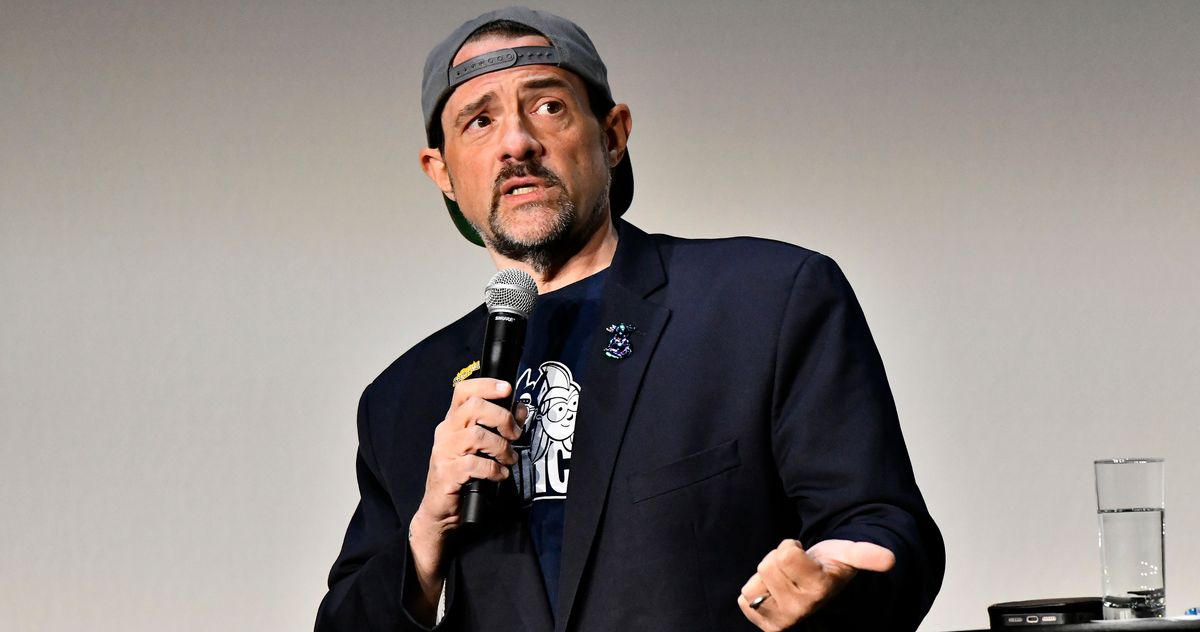Headline:
Virtual Reality App oVRcome Significantly Reduces Social Anxiety Symptoms
Revolutionizing Mental Health: New Zealand’s oVRcome App Shows Promise in Reducing Social Anxiety
A groundbreaking clinical trial has validated the efficacy of oVRcome, a pioneering virtual reality (VR) app developed in New Zealand, in significantly reducing symptoms of Social Anxiety Disorder (SAD). Led by Professor Cameron Lacey from the University of Canterbury, this extensive study is the largest of its kind focused on addressing social anxiety through VR technology. The results reveal a transformative potential for mental health treatment, leveraging innovative technology to assist individuals grappling with social anxiety.
Trial Overview: Who, What, When, and Where
The trial involved adults experiencing moderate to severe social anxiety, assessed using the Liebowitz Social Anxiety Scale (LSAS). Participants were randomly assigned to a waitlist-delayed treatment group, allowing researchers to compare results over a 12 to 18-week evaluation period.
Key findings indicate that individuals using the oVRcome app reported an average reduction of 35.3% in their social anxiety symptoms, with an impressive 50% reduction achieved by the 18-week evaluation. The study underscores a critical aspect of mental health interventions, achieving an effect size significantly above the threshold for "highly effective" treatments.
Innovative Therapy: How oVRcome Works
oVRcome uniquely combines virtual reality exposure therapy with principles from cognitive-behavioral therapy (CBT) within a smartphone app. This user-friendly design enables individuals to engage with 360-degree video scenarios that replicate real-world social situations in a controlled and safe environment. By simulating various social interactions, users can incrementally confront their fears and develop coping strategies.
Dr. Lacey remarked on the significance of the findings, emphasizing the urgent need for accessible treatments for SAD, which is often characterized by debilitating fears of social interactions and the judgment of others. “Our research highlights not only the positive outcomes of VR-based interventions but also the potential to meet a growing need in mental health care by overcoming common barriers to treatment,” Lacey stated.
Challenges in Mental Health Treatment: The Need for Solutions
Despite the increasing availability of self-help apps for anxiety, only 3.8% have been rigorously evaluated in controlled trials. Factors such as stigma, limited access to care, and high costs contribute to the widespread neglect of Social Anxiety Disorder. The introduction of oVRcome addresses these challenges by providing a self-guided, cost-effective treatment option that individuals can utilize independently or alongside a therapist’s support.
Adam Hutchinson, the founder of oVRcome, expressed the initiative’s commitment to accessibility: “We’re meeting people where they are, bringing accessible, effective treatment to anyone with a smartphone.”
Global Impact: oVRcome’s International Ambitions
Following the success of the clinical trial, the oVRcome app is set to expand its reach internationally. The program has already participated in several pilot schemes, including collaborations with the UK’s National Health Service (NHS), which help autistic patients prepare for hospital visits through immersive VR experiences. This international cooperation emphasizes oVRcome’s capacity to meet diverse needs across various healthcare contexts.
The Future of Mental Health Technology
The integration of virtual reality into mental health treatment represents a paradigm shift in how anxiety and phobias are addressed. As technology continues to revolutionize healthcare, oVRcome exemplifies an innovative response to an urgent global issue—mental health access and treatment.
With mental health challenges on the rise, tools like oVRcome not only provide immediate relief to users but also pave the way for future technologies that can address a spectrum of psychological disorders. The positive outcomes from this trial reflect a significant step toward leveraging technology in psychological well-being, challenging traditional perceptions of therapy, and cultivating a more inclusive approach to mental health treatment.
Engage with Us
What are your thoughts on the use of virtual reality in mental health treatment? Have you experienced any anxiety-related challenges? We invite you to share your insights in the comments below and join the conversation on how technology can shape the future of mental health care.
For more insights into the intersection of technology and mental health, check out related articles on Shorty-News and stay updated with developments from sources like TechCrunch or The Verge. As this technology evolves, it promises to influence both the technology landscape and the future of mental health treatment significantly.
What were the outcomes of the clinical trial conducted by Professor Lacey and his team, particularly in terms of participant feedback and overall effectiveness of the oVRcome app in treating social anxiety symptoms compared to traditional methods?
Question 1: Can you provide more details on the clinical trial conducted by Professor Cameron Lacey and his team at the University of Canterbury? What specific social anxiety symptoms were targeted, and how did the oVRcome app perform in comparison to traditional therapy methods or waitlist control groups?
Section 1: Trial Overview
Question 2: Dr. Lacey mentioned the urgent need for accessible treatments for social anxiety disorder. Can you speak to the prevalence and severity of social anxiety disorder in today’s society, and how oVRcome’s virtual reality technology aims to provide such an accessible solution?
Section 2: Challenges in Mental Health Treatment
Question 3: The oVRcome app appears to be a self-guided treatment option, but can it also be used in conjunction with traditional therapy? If so, how do therapists integrate this app into their practice, and what are some of the benefits and drawbacks of this approach?
Section 3: Benefits of oVRcome
Question 4: Adam Hutchinson, the founder of oVRcome, has expressed a commitment to meeting people where they are with accessible, effective treatment. Can you speak to the app’s international ambitions and any plans for further expansion into different countries or regions?
Section 4: Global Impact
Question 5: There is a growing trend of using virtual reality for mental health treatment, with apps like oVRcome leading the charge. Can you discuss the potential implications of this trend on the future of mental health care, such as reducing stigma around mental illness or increasing access to quality treatment options?
Section 5: The Future of Mental Health Technology
Question 6: we want to hear from our readers. Have you personally experienced social anxiety disorder or know someone who has? What are your thoughts on using virtual reality as a treatment method? Do you think this technology has the potential to revolutionize mental health care, or are there any concerns you have about its effectiveness or practicality?


